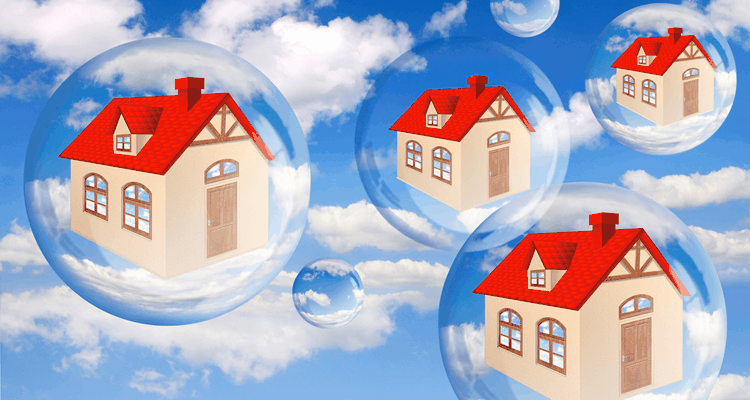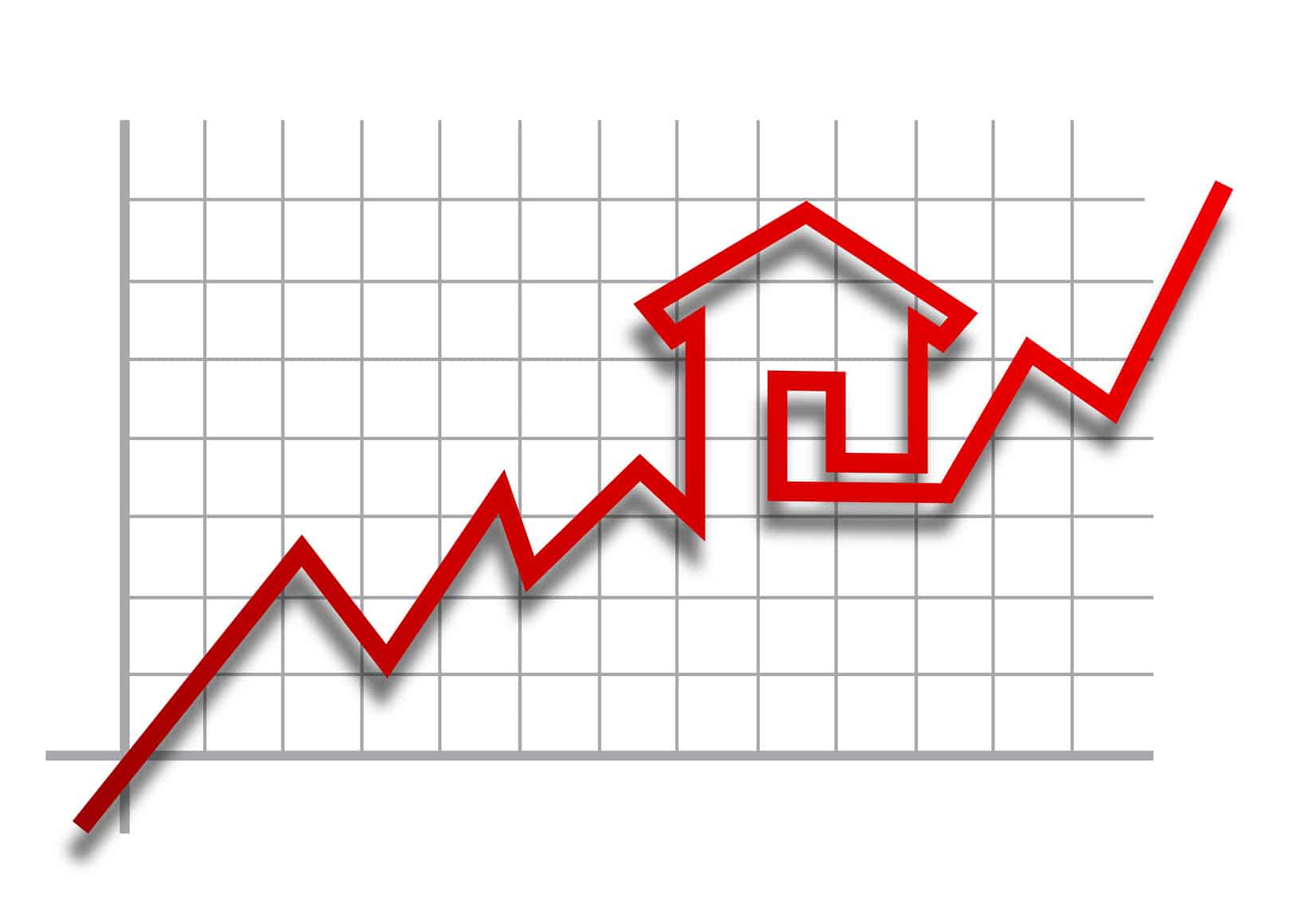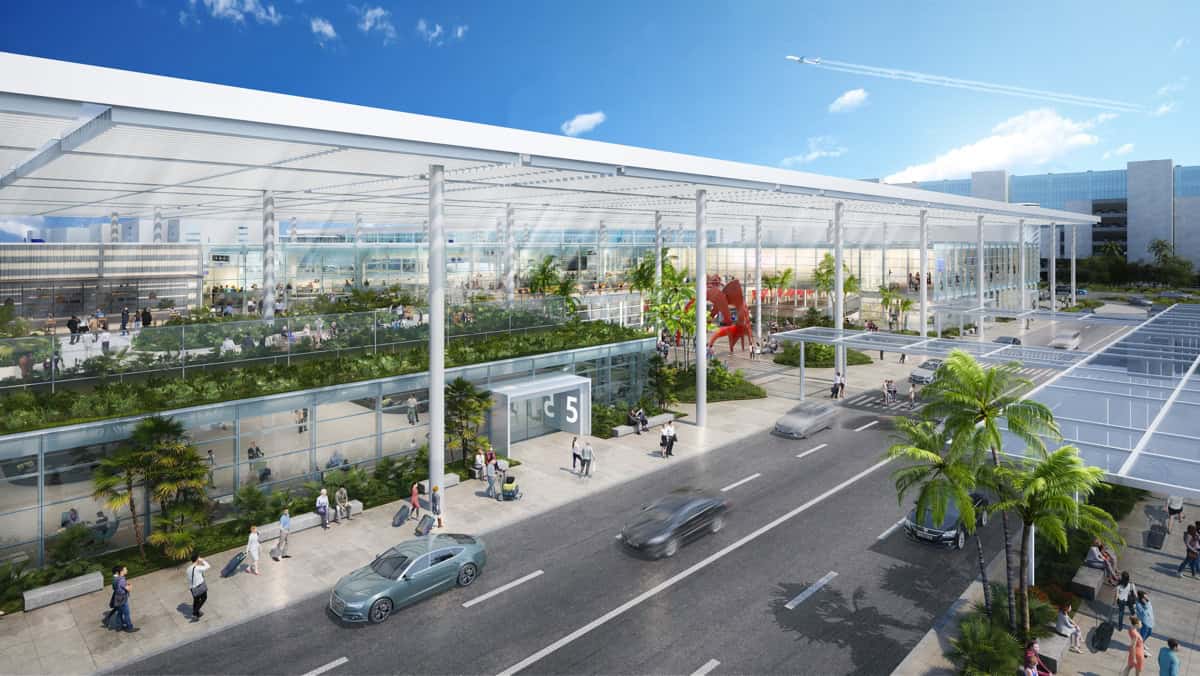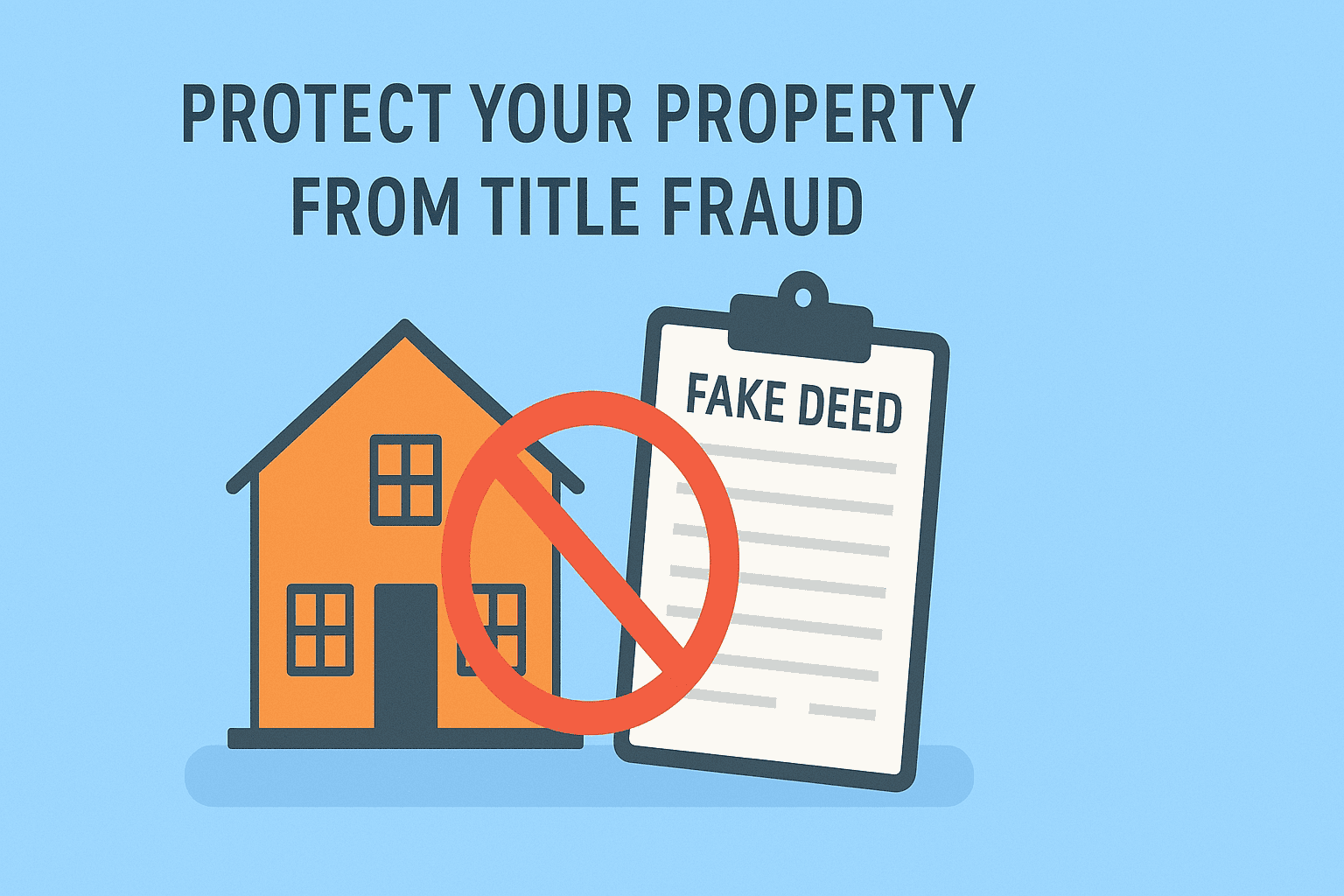
The recent sharp rise in national home prices has led some to believe homes may becoming overpriced. That’s not so, says a report from real estate advertising website Trulia. In fact, homes are about 5 percent undervalued when measured against long-term principles. Here are three ways you can tell that we’re not headed for another housing bubble:
The Problem With Only Measuring Home Price Increases
Real estate price increases alone are not good indicators of over- or undervalued real estate. After the drastic drop in 2007 real estate prices throughout most of the country, there was a market correction. In many markets, including Fort Lauderdale, home values increased significantly without approaching the previous highs. A well-publicized example is in Las Vegas, where prices have increased by almost 60 percent over the last couple of years, yet homes are considered by many to still be affordable.
How Home Affordability Is Measured
There are many ways of measuring whether home prices in Fort Lauderdale could be considered to be over- or undervalued. They include looking at how current home prices compare with long-term trends, how home prices measure up against average incomes, and the comparable cost of renting. The Trulia report used a wide range of these indicators to emerge with a complete picture of the affordability of real estate nationwide. Not all research agrees with Trulia’s assertion, however. According to the Fitch Sustainable Home Price Model, national prices are overvalued by something like 15 percent. Critics note the Fitch model is distorted by prices in some of the markets selected, like California.
Why 2014 Isn’t 2006
We have found Trulia’s reporting track record to be reliable in this case. In the first quarter of 2006, they reported that home prices were 39% overvalued. By 2011, that number had fallen to 15 percent undervalued. The latest report reflecting that national home prices are still 5 percent undervalued supports those who believe we are far from being in another housing bubble – at least for now. Here are a few contributory factors that support why we aren’t close to another housing bubble:
- Homes listed for sale have been constrained for a number of years, which was impacted by the weakness of building activity following 2007.
- Mortgage rate increases have slowed, but since they are still slightly higher than before, they have provided a dampening effect.
- New lending regulations make it less likely that we will see a repeat of the subprime lending that triggered the 2007 housing market collapse.
All of this should help make Fort Lauderdale homeowners reasonably confident that the price gains made over the past couple of years weren’t caused by a housing bubble and won’t soon disappear. Of course, home prices vary from neighborhood to neighborhood, just as they do from house to house. Don’t use unreliable “Zestimates” from real estate advertising websites like Zillow. To get the accurate market value of your home, contact us for a free analysis.





